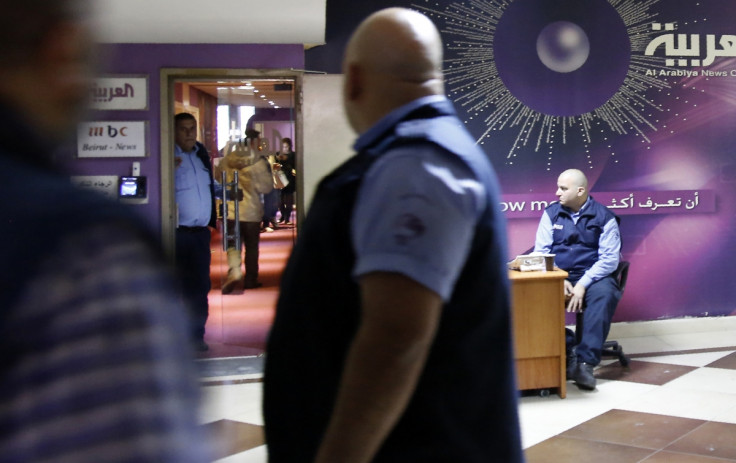Saudi Arabia-owned Al Arabiya shuts Beirut bureau amid rising tensions over Hezbollah and Iran

The Saudi owned news channel Al Arabiya announced, on Friday, that it will close its Beirut bureau and let 27 staff members go. The state-owned outlet cited "challenging conditions on the ground" and security concerns for its staff, in a statement published on Twitter.
Al Arabiya is headquartered in Dubai and has broadcast rolling news coverage in Arabic since 2003, and is considered a rival to Qatari-backed Al Jazeera, based in Doha.
The closure hints at strained relations between Saudi Arabia and Lebanon, a country fractured by its proximity to war-torn Syria and the influx of Syrian refugees, who now account for a quarter of the its population. It comes at a time of increasing isolation for Saudi Arabia following the P5+1 nuclear deal between the US, Europe and Iran.
But Lebanon's Minister of Information, Ramzi Greige, dismissed claims of security risks in an interview with Reuters: "Of course there are no security grounds for closing the Al Arabiya office in Beirut. There may be political reasons for taking this step, but I don't know until I seek clarification from them," he said.
Arabic language media sources have also speculated that the bureau's closure is politically motivated. HuffPost Arabic said: "Saudi Arabia now considers Lebanon to be held hostage by Shia group Hezbollah, Saudi Arabia's main opponent in the region."
Lebanese journalist Carol Malouf told IBTimesUK that the move could have wide-reaching implications: "This comes after the Saudis decided to withdraw previously pledged military aid to the Lebanese army and internal security forces," she said.
While the Saudi intention was to restrict funding to Hezbollah, she added that "such a vacuum will embolden Hezbollah and allow Iran a free hand in Lebanon".
The Gulf vs. #Lebanon row is growing as @AlArabiya shuts down its Beirut operations https://t.co/aPdd7wVetP
— كارلا مارية عيسى (@KarlaMariaIssa) April 1, 2016
The announcement comes amidst speculation that other Gulf state-owned media was struggling, including Al Jazeera, which shut its US operation after just a few months last year and laid-off staff in Doha. Lebanese newspaper as-Safir also announced it would cease both its online and print editions at the end of March, due to sectarian issues in the country then later withdrew the statement.
Saudi-Lebanese relations, strained by the war in Syria, were brought to light on April Fools' Day, when Saudi-owned newspaper Asharq Al-Awsat published a cartoon depicting the Lebanese flag with the caption 'April Fools... the Lebanese state"'.
© Copyright IBTimes 2025. All rights reserved.





















